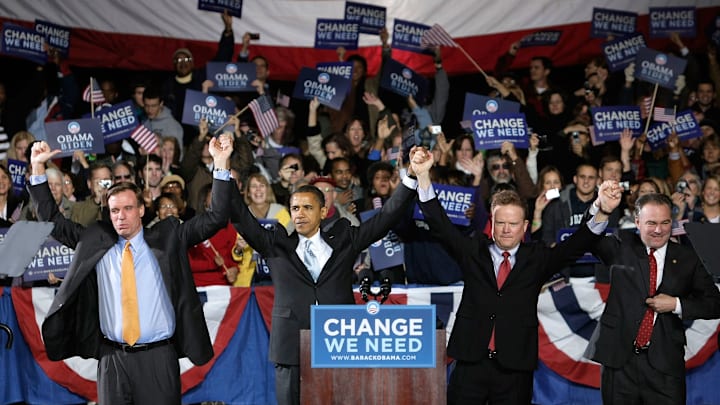The Influence of the Enlightenment on Modern Democracy

Central to the Enlightenment was the belief in reason and the power of human intellect to understand and improve the world. Enlightenment thinkers sought to apply rational thought and empirical observation to a wide range of fields, including science, politics, and society. This intellectual approach challenged the prevailing doctrines of absolute monarchy and the divine right of kings, advocating instead for the principles of liberty, equality, and justice.
One of the most influential Enlightenment thinkers was John Locke, whose ideas on natural rights and the social contract had a profound impact on the development of democratic theory. In his works, Locke argued that individuals possess inherent rights to life, liberty, and property, and that governments are established to protect these rights. According to Locke, the legitimacy of government is derived from the consent of the governed, and if a government fails to uphold its obligations, the people have the right to overthrow it. Locke's ideas provided a philosophical foundation for the American Revolution and the creation of the United States Constitution.
Another key figure of the Enlightenment was Montesquieu, who introduced the concept of the separation of powers in his seminal work, "The Spirit of the Laws." Montesquieu argued that the division of government into distinct branches—executive, legislative, and judicial—was essential to prevent the concentration of power and protect individual freedoms. This idea of checks and balances became a cornerstone of modern democratic systems, influencing the framers of the United States Constitution and subsequent democratic governments around the world.
Voltaire, a prolific writer and advocate for civil liberties, also contributed significantly to Enlightenment thought. Voltaire's writings emphasized the importance of freedom of speech, religious tolerance, and the separation of church and state. His critiques of tyranny and advocacy for individual rights resonated with many and helped to spread Enlightenment ideas across Europe and beyond.
The Enlightenment also saw the emergence of the idea of popular sovereignty, the principle that political power resides with the people. Jean-Jacques Rousseau, in his work "The Social Contract," argued that legitimate political authority arises from a social contract in which individuals collectively agree to form a government that reflects the general will of the people. Rousseau's ideas influenced the democratic movements of the late 18th century, including the French Revolution, which sought to establish a government based on the principles of popular sovereignty and individual rights.
The impact of the Enlightenment on modern democracy is evident in the foundational documents of democratic nations. The United States Declaration of Independence, the Constitution, and the Bill of Rights reflect Enlightenment principles of natural rights, individual liberties, and the rule of law. Similarly, the French Declaration of the Rights of Man and of the Citizen, adopted during the French Revolution, enshrined the Enlightenment ideals of equality, liberty, and fraternity.
The Enlightenment's influence extended beyond political theory to social and economic thought. Adam Smith, often regarded as the father of modern economics, articulated the principles of free-market capitalism in his work "The Wealth of Nations." Smith's ideas on economic freedom and the role of competition in promoting prosperity influenced the development of capitalist economies and the relationship between economic and political freedom in democratic societies.
In conclusion, the Enlightenment was a transformative intellectual movement that laid the groundwork for modern democracy. The ideas of Enlightenment thinkers, such as reason, individual rights, the separation of powers, and popular sovereignty, challenged traditional authority and provided a philosophical foundation for democratic governance. The enduring legacy of the Enlightenment is evident in the political institutions, legal frameworks, and social ideals that continue to shape contemporary democratic societies. The principles of liberty, equality, and justice that emerged from the Enlightenment remain central to the ongoing pursuit of democratic governance and human rights.